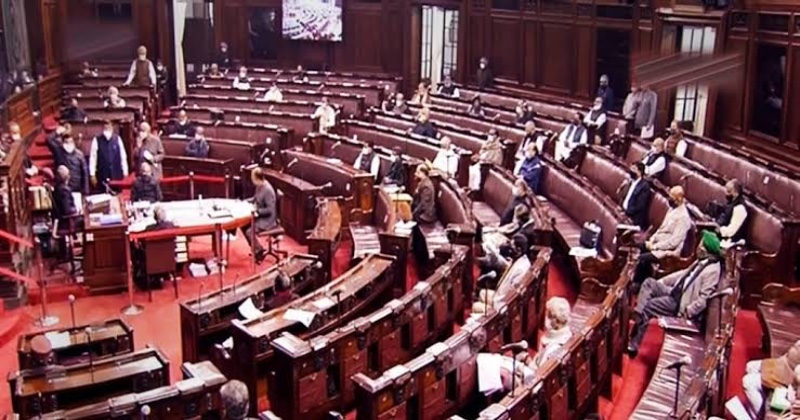
In the Rajya Sabha, there are currently 25 government bills awaiting action. One of these bills dates all the way back to 1992 and focuses on implementing a two-child norm for panchayat polls. Among the other pending bills is the Delhi Rent (Amendment) Bill from 1997, which aims to regulate rent, repairs of rented premises, and tenant eviction in the national capital. Additionally, there’s a bill seeking to amend the Telecom Regulatory Authority of India (TRAI) Act to ease specific conditions for the appointment of regulators.
Unlike the Lok Sabha, where bills typically lapse with the dissolution of the House, the Rajya Sabha is a continuous chamber. This means that bills introduced and pending in the Rajya Sabha remain active unless withdrawn by the government. The oldest draft legislation awaiting resolution in the Upper House of Parliament is the Constitution (79th Amendment) Bill of 1992, which revolves around the adoption of a two-child norm for panchayat polls. Lack of consensus among political parties has contributed to its prolonged pendency.
Numerous other bills are also in a state of limbo in the Rajya Sabha. These include bills related to various aspects such as municipal provisions, seeds, Indian medicine and homoeopathy pharmacy, mines, labor regulation, legislative councils, and more. Notably, some bills introduced during the recent monsoon session include the Repealing and Amending Bill, 2023, the Post Office Bill, 2023, and the Chief Election Commissioner and Other Election Commissioners (Appointment, Conditions of Service and Term of Office) Bill, 2023.

Post Your Comments